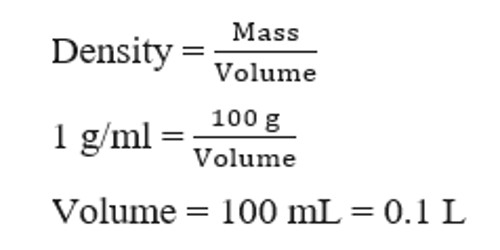As a rule, the onus of proving negligence is on the plaintiff. First, where there is no contract, the plaintiff must prove facts inconsistent with due diligence on the defendant’s part and balance is even as to which party is in fault, the one who relies on the negligence of the other is bound to turn the scale.Secondly, where there is a contract or personal undertaking, the plaintiff must prove such contract or undertaking, and also injury to himself. Thirdly, under certain circumstances, the mere happening of an accident will afford prima facie evidence that it was the result of not taking due care. The injurious agency was under the management or control of the defendant and the accident is such as, in the ordinary course of things, does not happen if those who have the management use proper care.
Burden of proof of Negligence
















